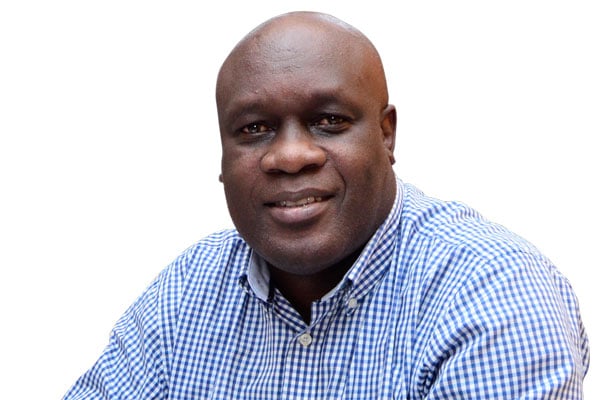Prime
Why media should care when many avoid news

Author: Odoobo C. Bichachi is the Nation Media Group (NMG)-Uganda public editor. PHOTO/FILE.
What you need to know:
- Sixth reason respondents (16 percent) gave was that they could do nothing with (or about) the information in news. This category of news avoiders suffer a sense of helplessness!
Perhaps never before has so much news/information been so available on different platforms and at a very affordable cost (or no cost at all) as it is today. Similarly, perhaps never has there been so many people that deliberately refuse to engage with news on whatever platform even when they can afford to do so.
The media today must, therefore, increasingly worry about how to satisfy the former and how to recruit the latter back into embracing news in the recently emerged phenomenon called “new avoidance”.
Reuters Institute’s 2022 Digital News Report showed how big the problem is. Between 2017 and 2022, at least 38 per cent of people across the world deliberately refuse to consume news in whatever format, up from 29 per cent in 2017. The survey did not capture any statistics on this from Africa, focusing mainly on Europe, North America and South America.
Brazil has the highest number of people actively avoiding news at 54 percent, followed by the UK at 46 percent and the USA at 42 percent. Japan has the least number of people avoiding news of the surveyed countries at only 14 percent.
What would the statistics for Uganda and Africa in general look like? We can only guess by looking at the reasons people in the surveyed countries gave for avoiding news.
The foremost reason respondents gave (43 percent) for avoiding news was that there was too much politics and Covid-19 in the news. That was at the height of the pandemic. Today you could simply replace Covid-19 with war – in Ukraine, Gaza, Haiti, etc. In Uganda, you could combine politics and corruption.
Second reason respondents (36 percent) said makes them avoid news is that it has a negative impact on their mood. War, deaths, corruption, starvation, etc is simply depressing to read or watch.
Third reason respondents (29 percent) gave was they are worn out by the amount of news hence avoiding it altogether. There is too much news (mostly the same news) at every turn: on social media, newspapers, lunch time news bulletins, evening news bulletin, top of the hour news on every local FM radio and on international satellite television.
Fourth reason for news avoidance (actually tied in third place) was 29 percent respondents said it is untrustworthy or biased. If you have watched international television reports on the war in Ukraine and Gaza, then you understand their sentiments. Or if you have encountered one-sided stories in local media seemingly pushing one narrative, you belong to this category.
Fifth reason respondents (17 percent) gave for avoiding news was that it often led to arguments they would rather avoid. Was Russia right to invade Ukraine? Was Ukraine right to invite NATO to Russia’s doorstep? Is Israel right to occupy Palestine? Does Palestine have a right to fight back against occupation?
Sixth reason respondents (16 percent) gave was that they could do nothing with (or about) the information in news. This category of news avoiders suffer a sense of helplessness!
A later American Press Institute (API) study in 2023 found two other things not captured in the Reuters Institute research:
One, “Researchers also heard that news avoiders find the news to be boring and useless, and distant from their own lives. They feel ill-equipped to see how it relates to them or what they would do about it.”
Two, “There is a strong connection between people’s relationship to news and to civic life more generally. News lovers are often part of social circles that offer an incentive to know what’s going on in the world. News avoiders have no such pressure.”
From a journalist’s perspective, it is easy to dismiss news avoiders as misguided and unable to understand the importance of news or the important work journalists do to inform society. But as the API study noted, “News avoidance is a problem for journalists because it interferes with our ability to thrive — in terms of both fulfilling our public service mission and staying in business. But news avoiders often don’t see their distance from news as a problem. They don’t see that they’re missing anything vital. They don’t feel like they need us.”
Send your feedback/complaints to [email protected] or
call/text on +256 776 500725.


